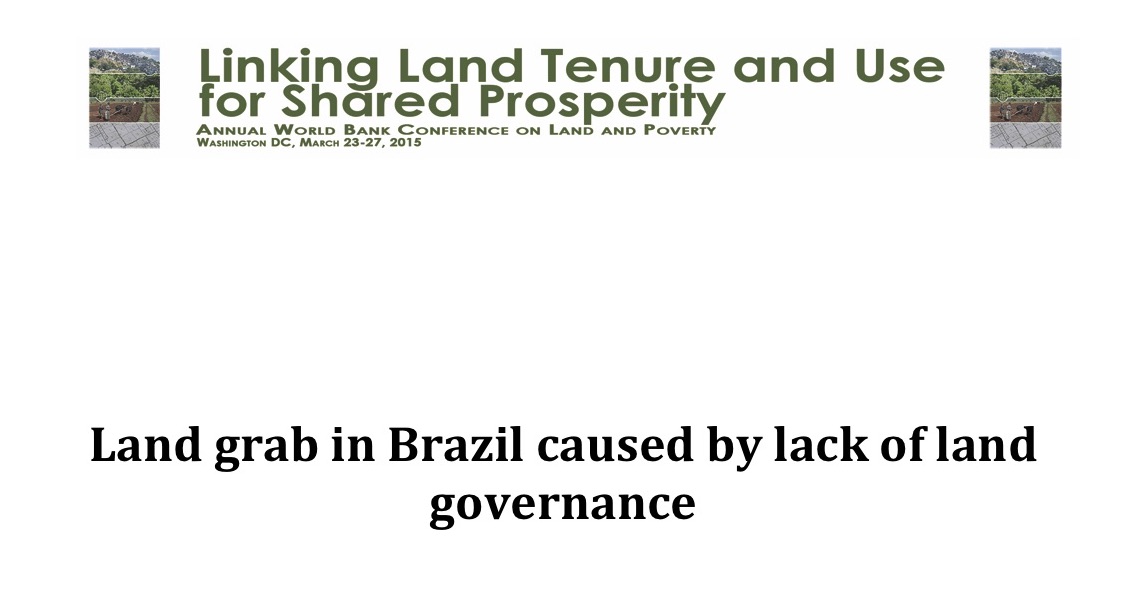Risk and Finance in the Coffee Sector
Millions of coffee farmers and coffee
trading enterprises lack sufficient credit. This is partly
due to myriad challenges and considerable costs that formal
lending institutions face serving rural, often isolated
markets. A better understanding of coffee sector risks is
needed to respond with strategies, training, and tools that
can help farmers and enterprises, mitigate their exposure to
risk, and strengthen their resilience against inevitable



